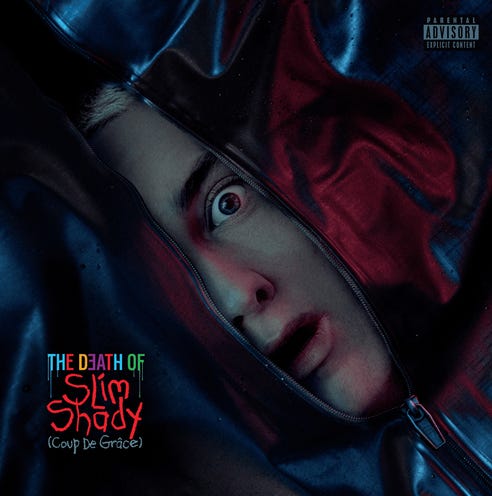“The Death of Slim Shady” and Why Rap Careers Can’t Last Forever
Despite an undisputed mastery of rhymes and epithets, Eminem finds career revival an increasingly impossible task
There are few occupations with more clearly cut expiration dates than those of hip-hop artists. Like the professional sports player whose career expires as soon as their athletic prowess does, the world of hip-hop centers largely around masculinity and youthful energy.
As athl…
Keep reading with a 7-day free trial
Subscribe to The Gen Z Report to keep reading this post and get 7 days of free access to the full post archives.


